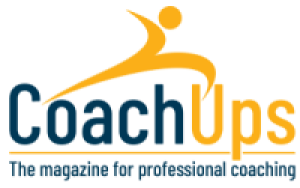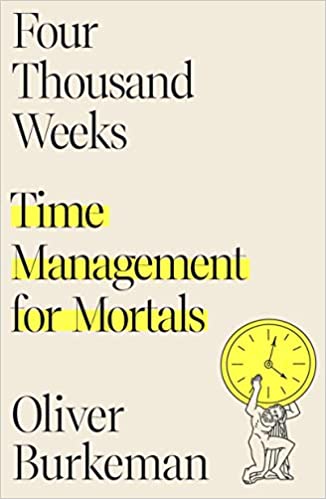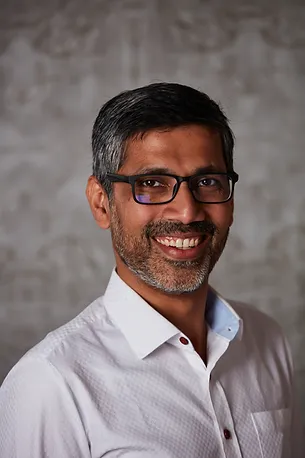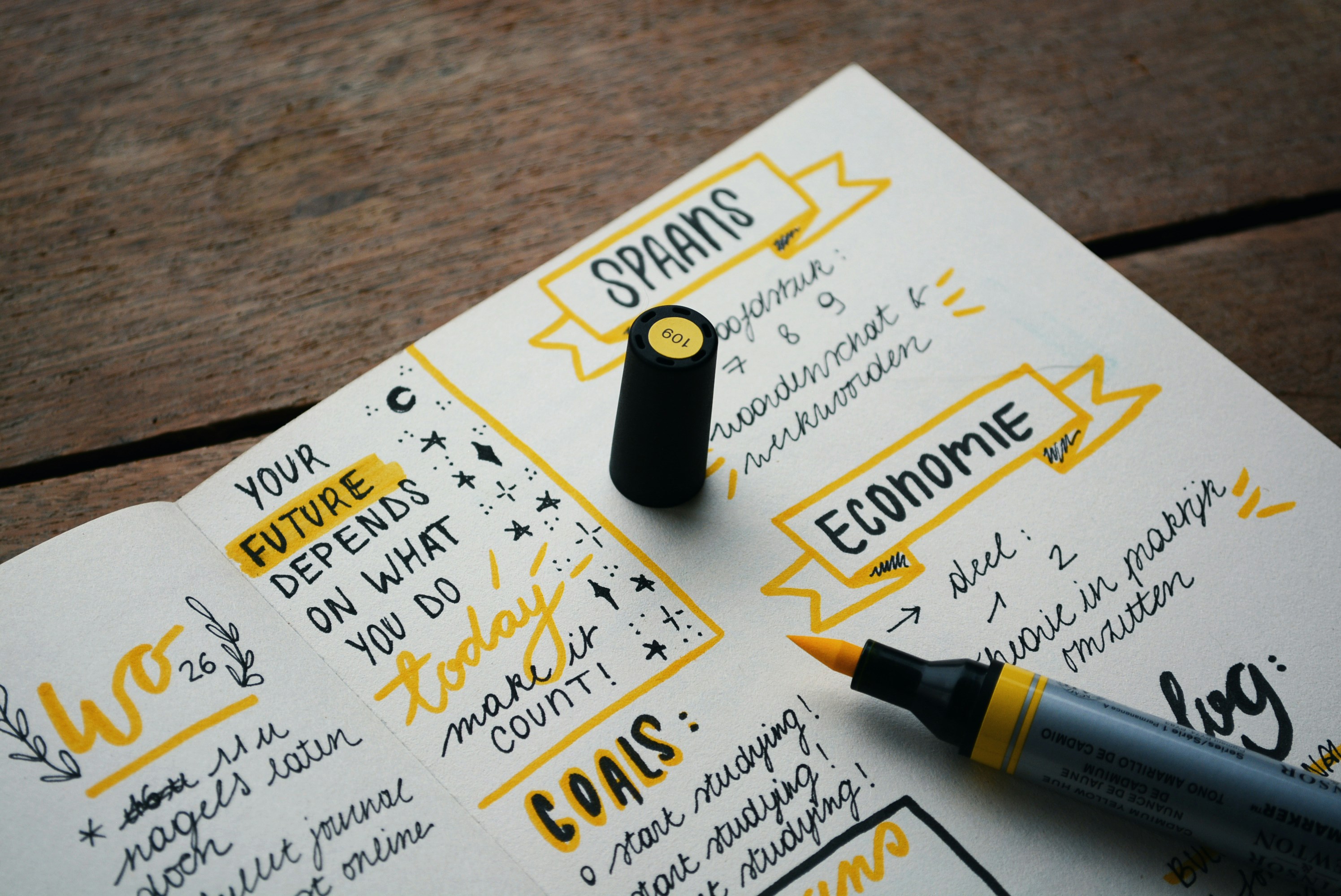So you got yourself a Coach? What now? Certified Coach Amit Ghosh shares next steps
Tips to get the most out of your coaching session
2023 is here - Happy New Year! 2022 was a good year for you. Your performance review exceeded expectations. Your company put you on a talent development program! And gave you access to a leadership coach for the next few months!! How should you make the best use of this time with a coach over the next few months?

Here are a few tips:
Know what coaching is not: Mentoring vs. Coaching Often in our professional & equally in our personal life we are looking for a fresh approach to our problems, our challenges, and our opportunities. People often ask me,“What should I do in this situation?” or “What advice do you have for me based on your experience?” Searching for your own approach is often more arduous than copying a hack from someone else. While copying is a valuable and perfectly valid shortcut to making progress, finding and implementing your own approach is long-lasting and more impactful. If you are looking to hack a solution, you need a mentor. If you are looking to chart a new path that you identified, then you need a coach. A mentor would often share their approach to the situation you bring to them. They give direct and clear guidance and often share their tested Dos’ and Donts’. They draw upon their experience, knowledge and understanding of you to share guidance. A coach, on the other hand, provides a safe and confidential space to facilitate a deeply private discussion to raise your self-awareness, helping you to identify the approach you are most comfortable with, and build a plan to implement that approach. A coach can also, with your permission, keep you accountable to make progress on the plan. A coach does not share his own experience but helps you craft one that feels true to you alone. In a way, it’s a highly customised approach.
You own your coaching session: It's your safe space Your time with the coach is YOUR time. Own how the time is used. Take the lead to ensure that the time is best used for the right and most important conversation that enables the change you want in yourself. In a coaching discussion, ‘Lean In’ and don’t ‘Lean Back’. It is very useful when coachees start the coaching journey by asking a question with a long-term mindset - “What change do I need to see in myself after the coaching journey has ended in a few months?” The change you want to see may be related to the competencies you want to build. Or it may be related to your finding ways to manage your deep-seated fears and inhibitions that are holding you back. Write down what you want to achieve by the time the coaching journey has ended. And if you feel comfortable, share the write-up with your coach. Once the longer-term objectives are clear, take some time a day before each coaching session to identify how you will use the time tomorrow. What situation or topic will you bring to your coach tomorrow? Be open to being vulnerable: strong ethics and confidentiality govern coaching A coaching relationship is at the end of the day, a relationship between two individuals. Vulnerability is essential to a relationship. Vulnerability is consciously choosing to NOT hide your emotions or desires from others. Vulnerability fosters closeness and trust. A credentialed coach, especially from an accredited organisation like ICF, will provide you a safe and confidential space to be vulnerable. The ICF Code of Ethics mandates us, as coaches, to “Maintain the strictest levels of confidentiality with all parties as agreed upon.” By being open to being vulnerable, you will able to work upon your core strengths, deepest fears, and long-held beliefs. A good coach will be the mirror to look at yourself in a new light and make the transformation you seek. Zoom out and turn the spotlight on yourself: You are the star Often, in a coaching session, you are inclined to dive deep into the situation you are faced with and explain all the players in the situation. You feel that it enables your coach to understand where you are coming from. You are not wrong about your feeling. However, a good coach keeps their focus on you, because that is what you can control. A good coach does not ignore the situation, but they know that situations are outside our control.
Therefore, to make a coaching session most impactful, try to keep your focus on yourself. Share your situation, as it frames and contextualises what you need to work on, but don’t stay in the situation. Zoom out and turn the spotlight on yourself So, as you look forward to an even shinier and better 2023 with the support of your coach, I hope these tips help you maximise the value you get from your coaching sessions. Do comment and let me know how it goes.
Amit Ghosh is the global chief information & services officer for R3. He leads the global operations organization that is responsible for information security, infrastructure and IT operations, customer operations & professional services and support









.png)


.png)

Comments List